
In today’s fast-paced development environment, efficiency is key. PHP remains one of the most popular programming languages for web development, and Docker has revolutionized the way we build, ship, and run applications. Combining PHP with Docker offers a powerful solution for streamlining both development and deployment processes. In this blog post, we’ll explore how PHP and Docker work together to simplify development workflows and ensure smooth deployments.
1. Understanding Docker:
Before diving into PHP and Docker integration, let’s briefly understand what Docker is. Docker is a containerization platform that allows developers to package applications and their dependencies into lightweight, portable containers. These containers can then be deployed consistently across different environments, ensuring consistency and eliminating the infamous “it works on my machine” problem.
2. Setting Up Docker for PHP Development:
The first step is to set up Docker for PHP development. We’ll need to create a Dockerfile, which defines the environment for our PHP application. This includes specifying the base image, installing PHP and any necessary extensions, configuring web servers like Apache or Nginx, and copying our application code into the container. We’ll also explore Docker Compose, a tool for defining and running multi-container Docker applications, which makes managing complex development environments a breeze.
3. Dockerizing Your PHP Application:
Once Docker is set up, we can dockerize our PHP application. This involves creating a Dockerfile for each component of our application (e.g., frontend, backend, database) and defining how they interact with each other. We’ll explore best practices for structuring Dockerfiles, optimizing image sizes, and minimizing build times. With Docker, we can easily replicate our development environment on any machine, ensuring consistency across development, testing, and production environments.
4. Streamlining Development with Docker Compose:
Docker Compose simplifies the management of multi-container applications by allowing us to define our entire development environment in a single YAML file. We’ll explore how to define services, networks, and volumes in a Docker Compose file, making it easy to spin up our entire development stack with a single command. This allows developers to focus on writing code rather than worrying about configuring their development environment.
5. Continuous Integration and Deployment (CI/CD) with Docker:
With our PHP application dockerized, we can leverage Docker’s capabilities to streamline the CI/CD pipeline. We’ll explore how to set up automated builds using Docker Hub or other container registries, run tests within Docker containers, and deploy our application to production environments using container orchestration platforms like Kubernetes. Docker’s portability and consistency make it an ideal tool for building scalable and resilient CI/CD pipelines.
6. Monitoring and Scaling Dockerized PHP Applications:
Monitoring and scaling Dockerized PHP applications is essential for ensuring performance and availability. We’ll explore tools like Docker Swarm and Kubernetes for container orchestration, which provide features such as auto-scaling, service discovery, and rolling updates. We’ll also discuss monitoring solutions like Prometheus and Grafana for collecting metrics and visualizing performance data, allowing us to identify and address issues proactively.
7. Enhancing Collaboration with Docker:
Docker’s containerized approach fosters collaboration among developers, QA engineers, and other stakeholders. With Docker, teams can easily share development environments, ensuring that everyone is working with the same setup and dependencies. Docker Compose further enhances collaboration by providing a standardized way to define complex multi-service applications. This simplifies onboarding for new team members and facilitates cross-functional collaboration during development and testing phases.
8. Improving Security with Docker:
Security is a top priority for any application deployment. Docker offers several features to enhance the security of PHP applications. We can leverage Docker’s built-in isolation to sandbox applications and prevent them from accessing resources outside their container. Additionally, Docker provides support for user namespaces, allowing us to run containers with restricted privileges. We’ll explore best practices for securing Docker containers, including image scanning, vulnerability assessment, and implementing least privilege principles to reduce the attack surface.
9. Simplifying Dependency Management:
Dependency management can be a headache in PHP development, especially when dealing with different versions of libraries and extensions. Docker simplifies dependency management by encapsulating dependencies within containerized environments. Developers can specify dependencies in their Dockerfiles, ensuring consistent builds across different machines and environments. This eliminates issues related to version mismatches and conflicting dependencies, leading to more reliable and reproducible builds.
10. Optimizing Performance with Docker:
Performance is crucial for web applications, especially in high-traffic scenarios. Docker offers several features to optimize the performance of PHP applications. We’ll explore techniques such as container resource limits, multi-stage builds, and caching mechanisms to improve build times and runtime performance. Additionally, Docker’s lightweight containers enable efficient resource utilization, allowing us to pack more application instances onto the same hardware infrastructure without sacrificing performance or reliability.
11. Ensuring High Availability and Disaster Recovery:
High availability and disaster recovery are essential considerations for production deployments. Docker’s container orchestration platforms, such as Kubernetes and Docker Swarm, provide built-in support for high availability and fault tolerance. We’ll explore strategies for deploying Dockerized PHP applications across multiple nodes, ensuring redundancy and resilience against node failures. We’ll also discuss techniques for data persistence and backup to safeguard against data loss in case of disasters or infrastructure failures.
Conclusion
PHP and Docker offer a potent combination for modern software development, enabling teams to streamline development workflows, improve collaboration, enhance security, optimize performance, and ensure high availability and disaster recovery. By leveraging Docker’s containerization technology and ecosystem of tools, PHP developers can build, deploy, and manage applications more efficiently and effectively than ever before. Whether you’re a seasoned PHP developer or just getting started, embracing Docker can take your development and deployment processes to the next level.
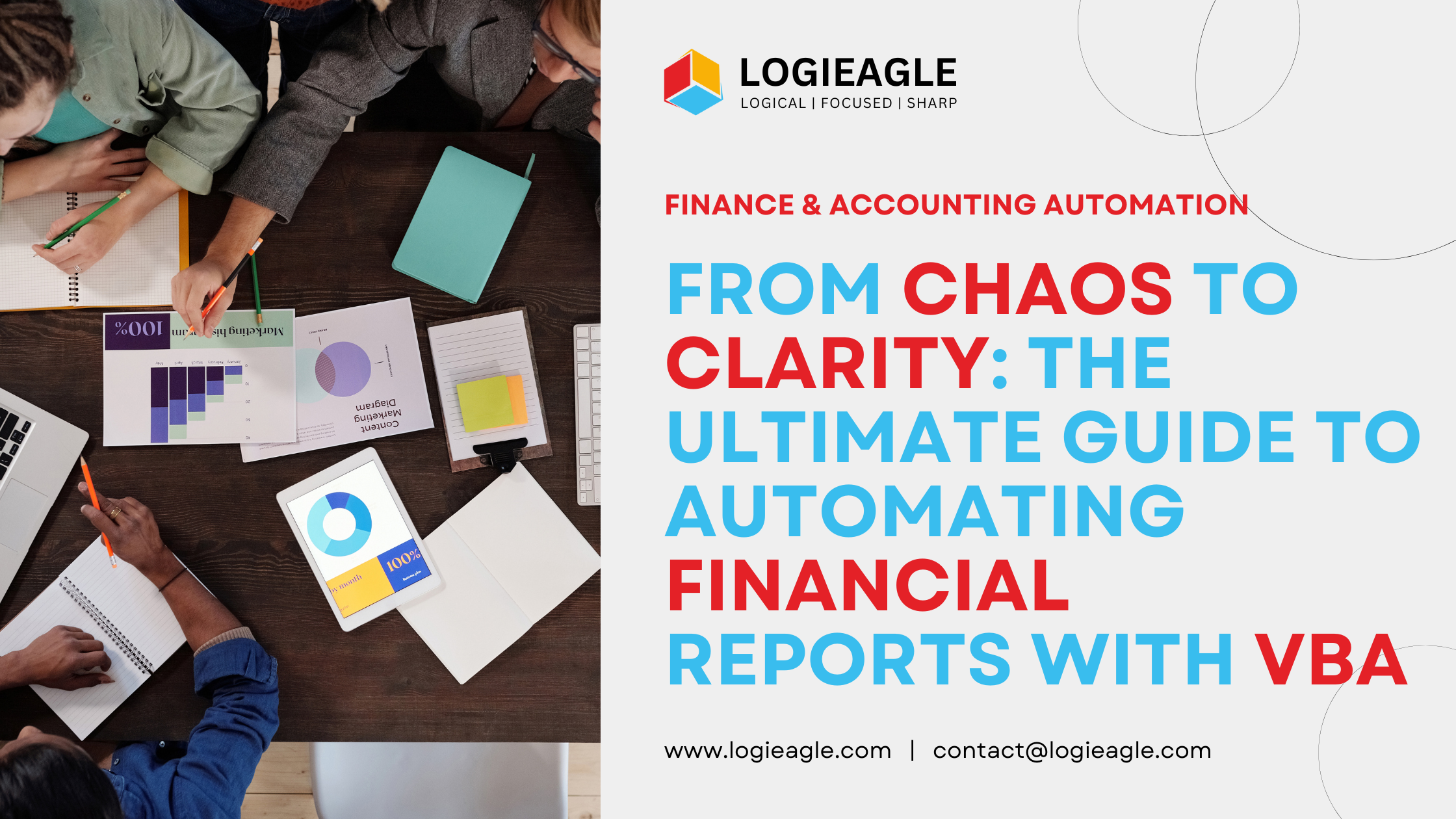 From Chaos to Clarity: The Ultimate Guide to Automating Financial Reports with VBA
From Chaos to Clarity: The Ultimate Guide to Automating Financial Reports with VBA
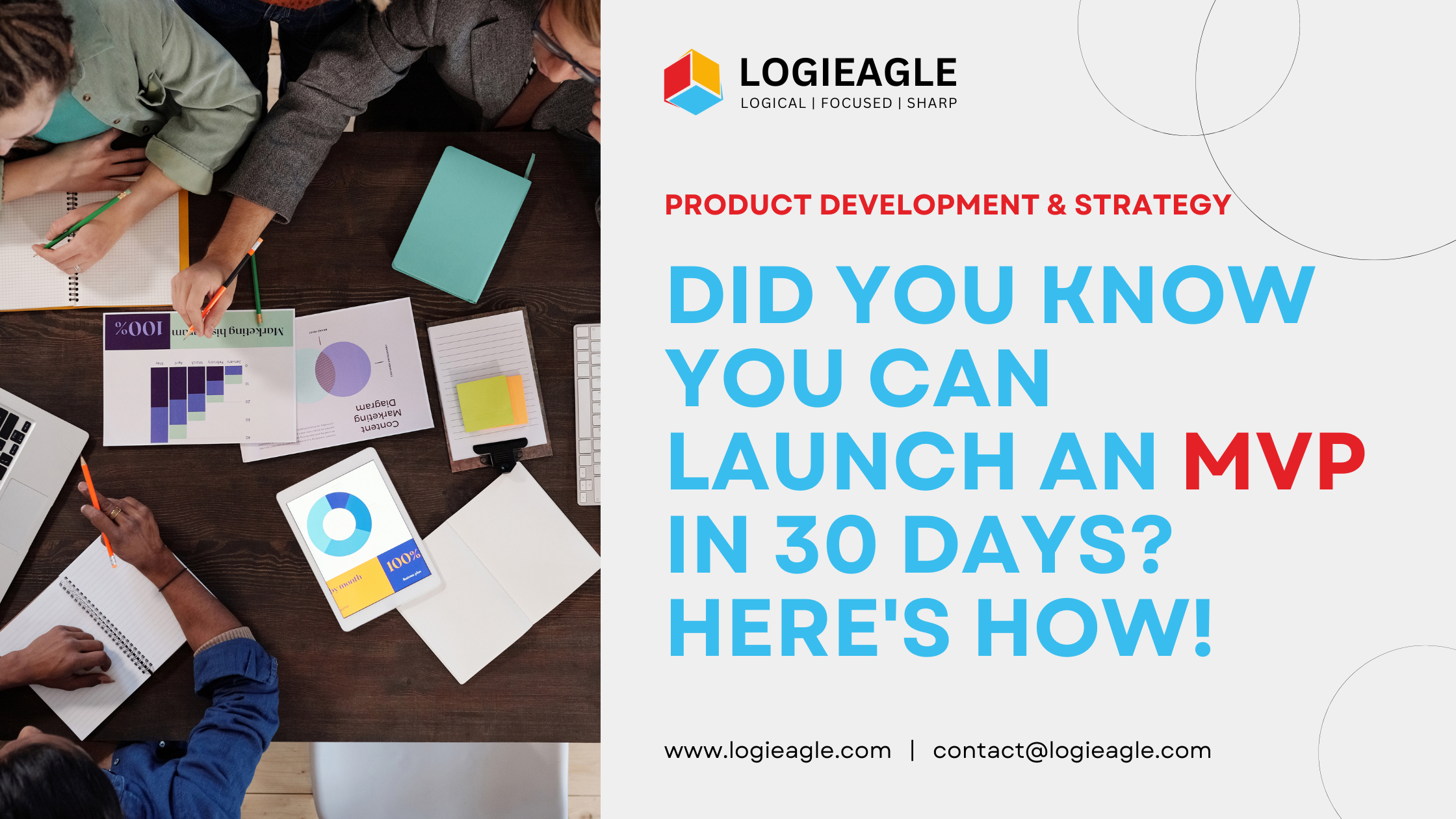 Did You Know You Can Launch an MVP in 30 Days? Here's How!
Did You Know You Can Launch an MVP in 30 Days? Here's How!
 Mastering Business Intelligence Dashboards: Excel Techniques You Need to Know
Mastering Business Intelligence Dashboards: Excel Techniques You Need to Know
 Turning Excel into a Scalable Business Tool: A Step-by-Step Guide
Turning Excel into a Scalable Business Tool: A Step-by-Step Guide
 The Psychology Behind Intuitive UX: How to Design for User Comfort
The Psychology Behind Intuitive UX: How to Design for User Comfort
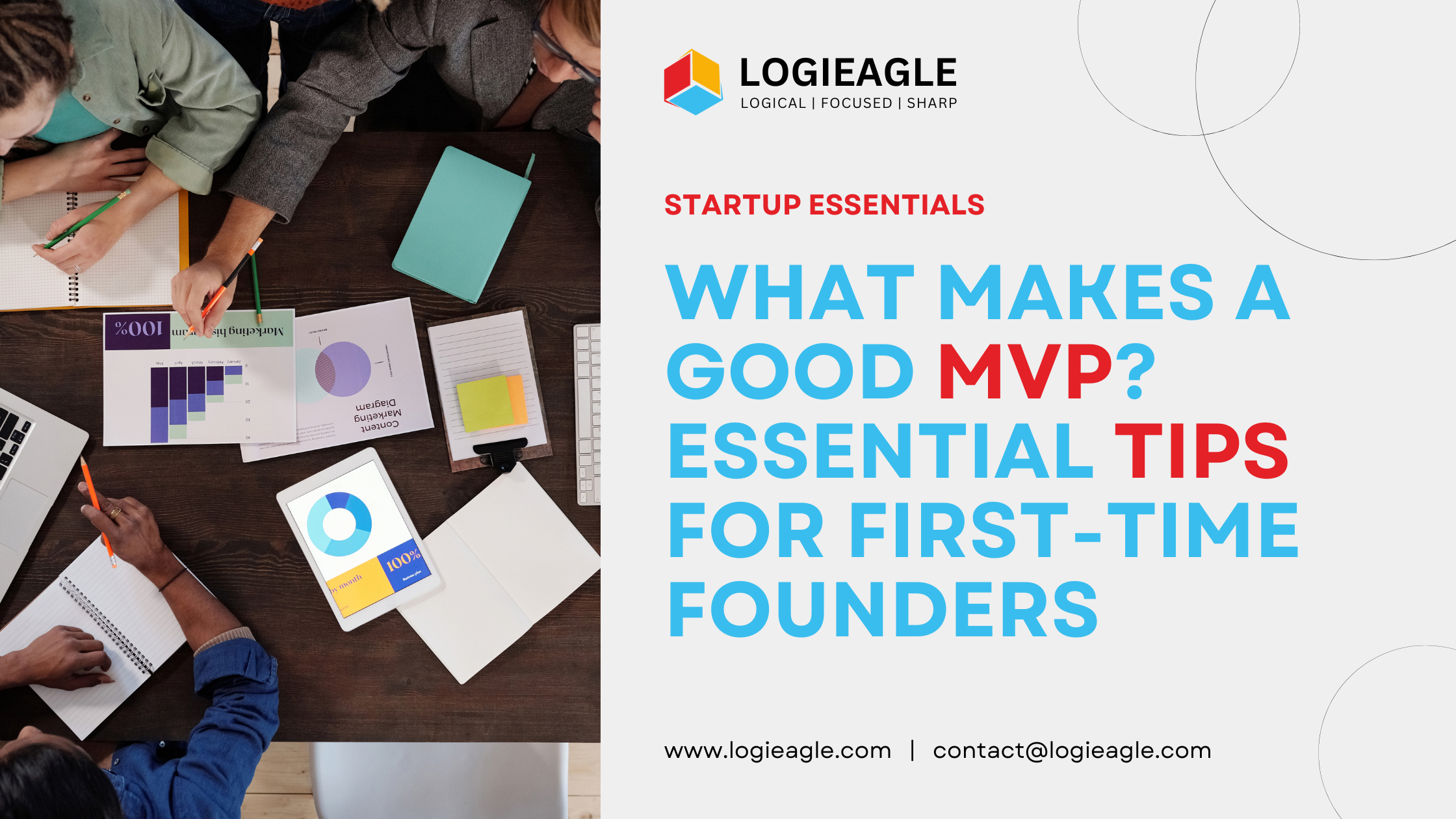 What Makes a Good MVP? Essential Tips for First-Time Founders
What Makes a Good MVP? Essential Tips for First-Time Founders
 How to Increase User Retention with Game Mechanics in Your App
How to Increase User Retention with Game Mechanics in Your App
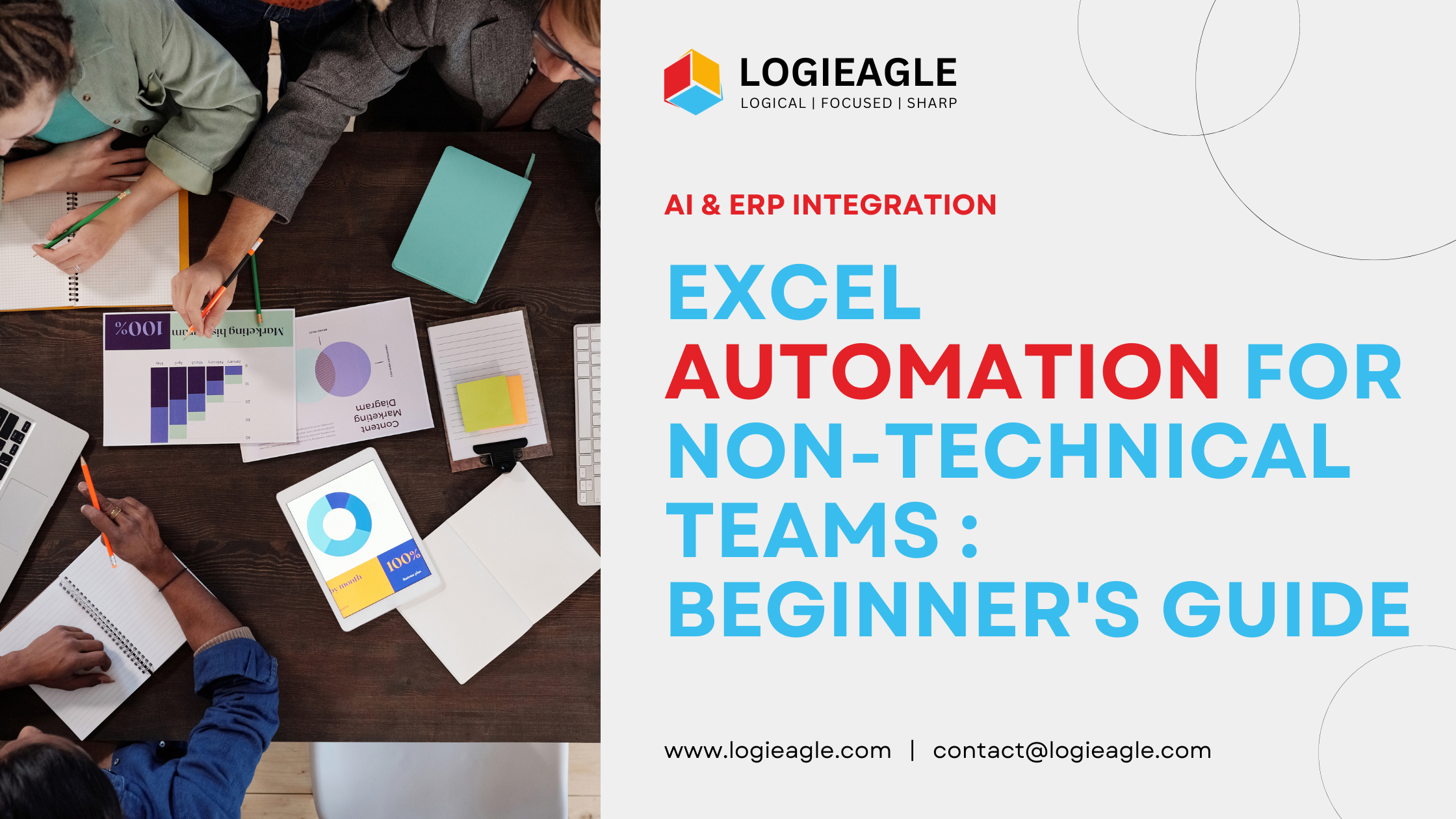 Excel Automation for Non-Technical Teams: A Beginner's Guide
Excel Automation for Non-Technical Teams: A Beginner's Guide
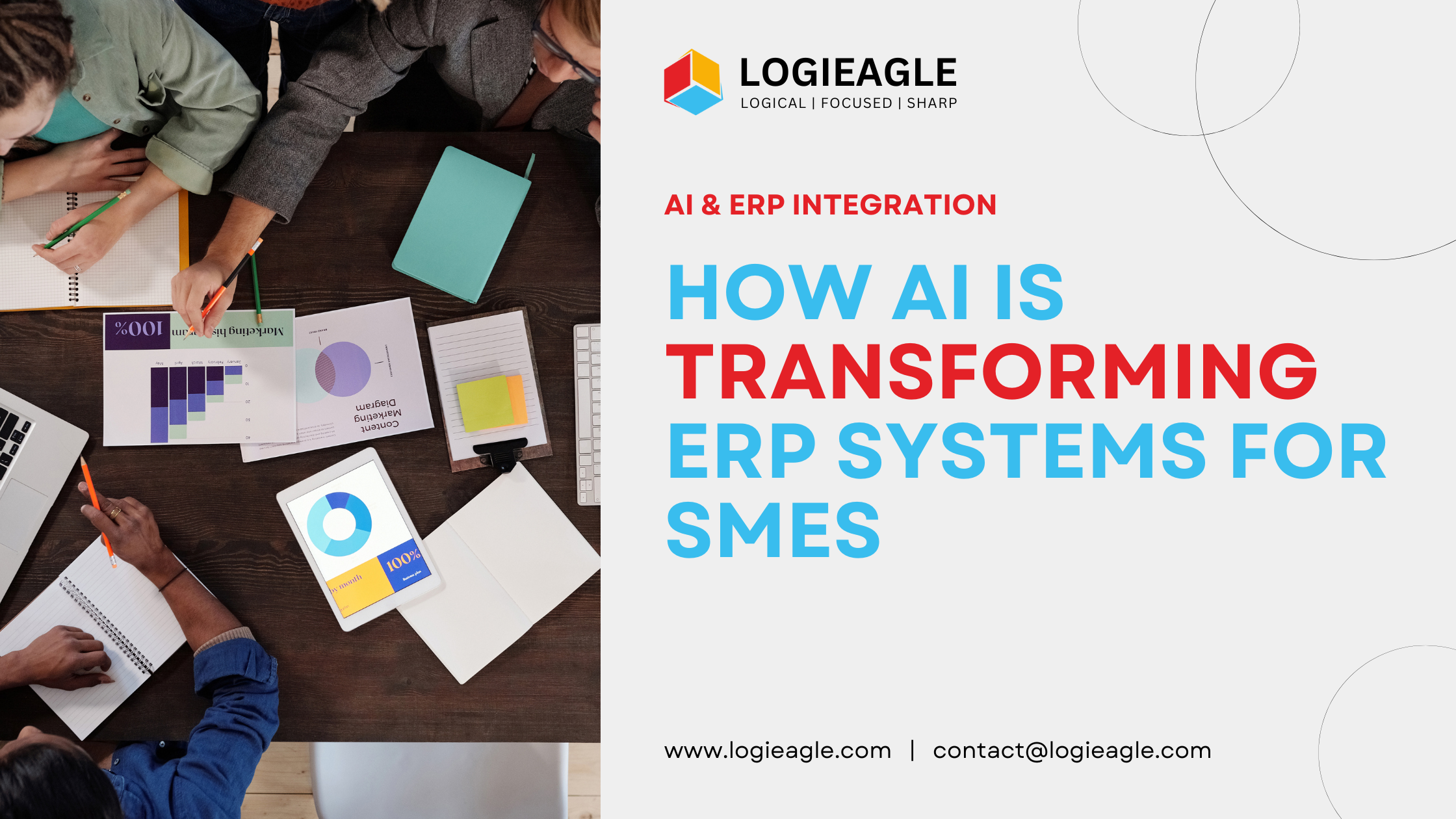 How AI Is Transforming ERP Systems for SMEs
How AI Is Transforming ERP Systems for SMEs
 Why UX Is the Silent Salesperson in Every App
Why UX Is the Silent Salesperson in Every App